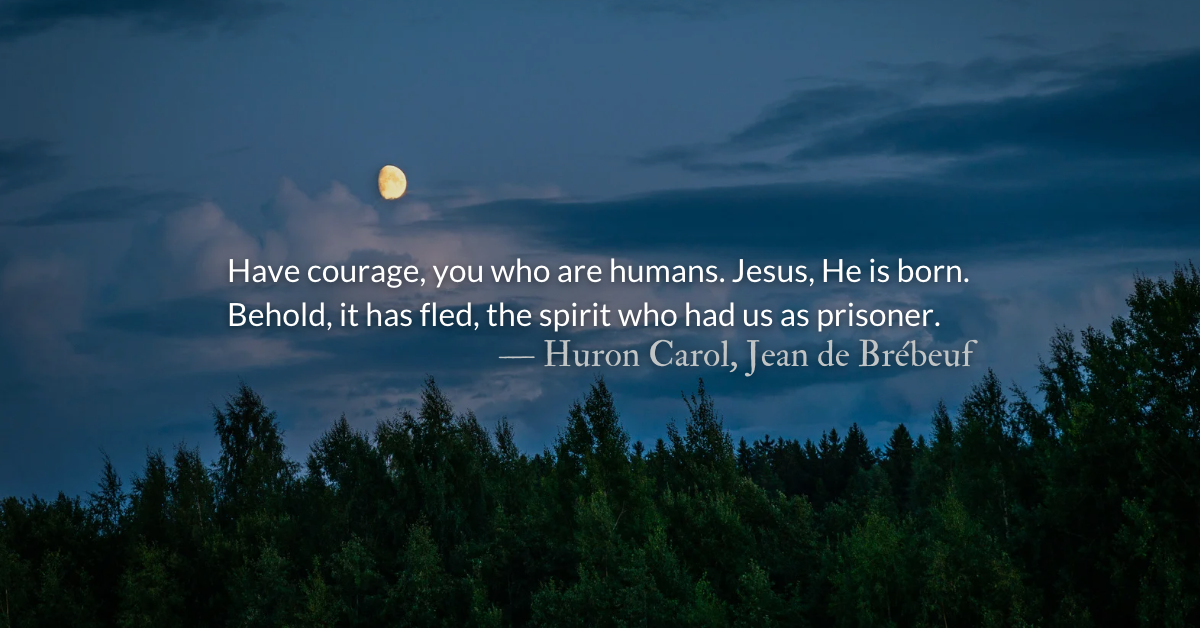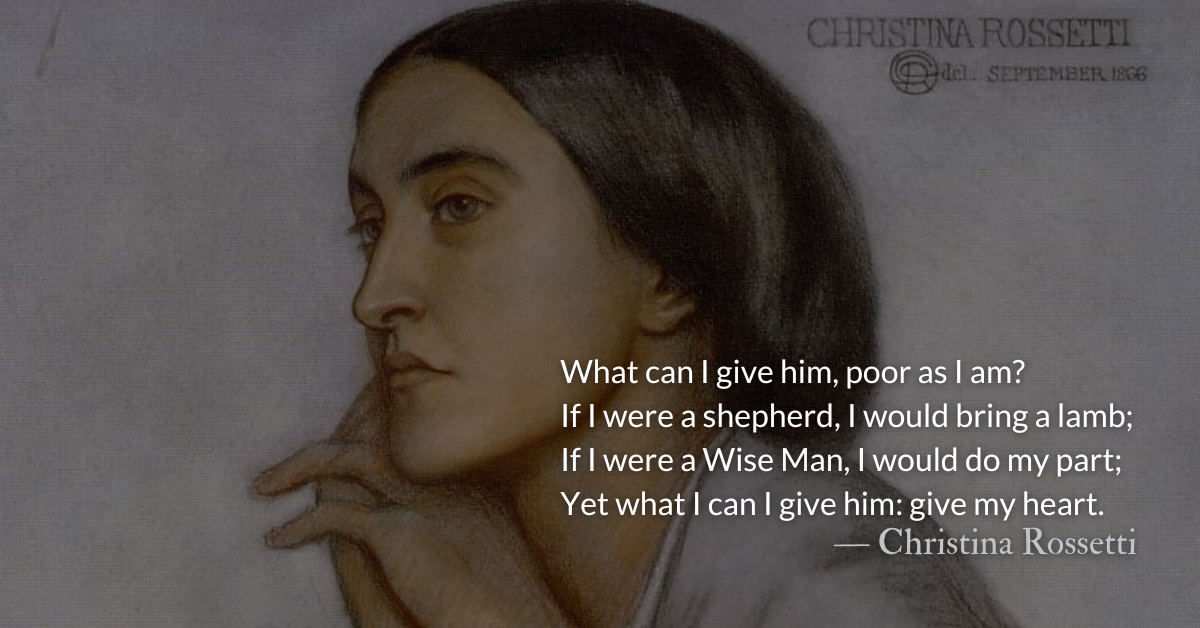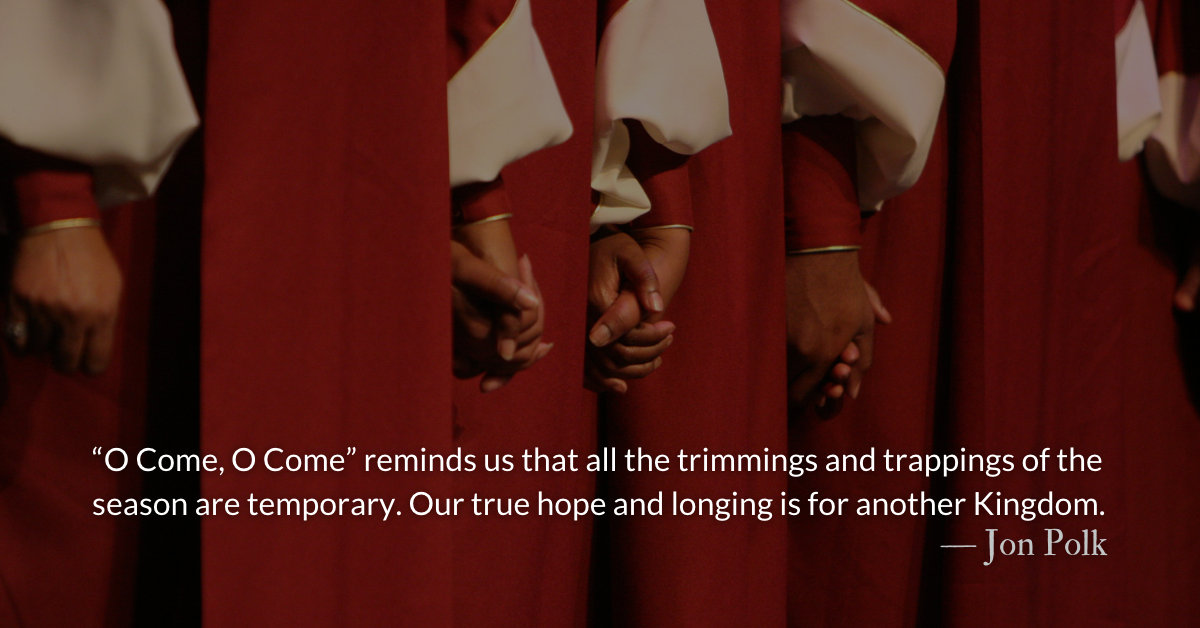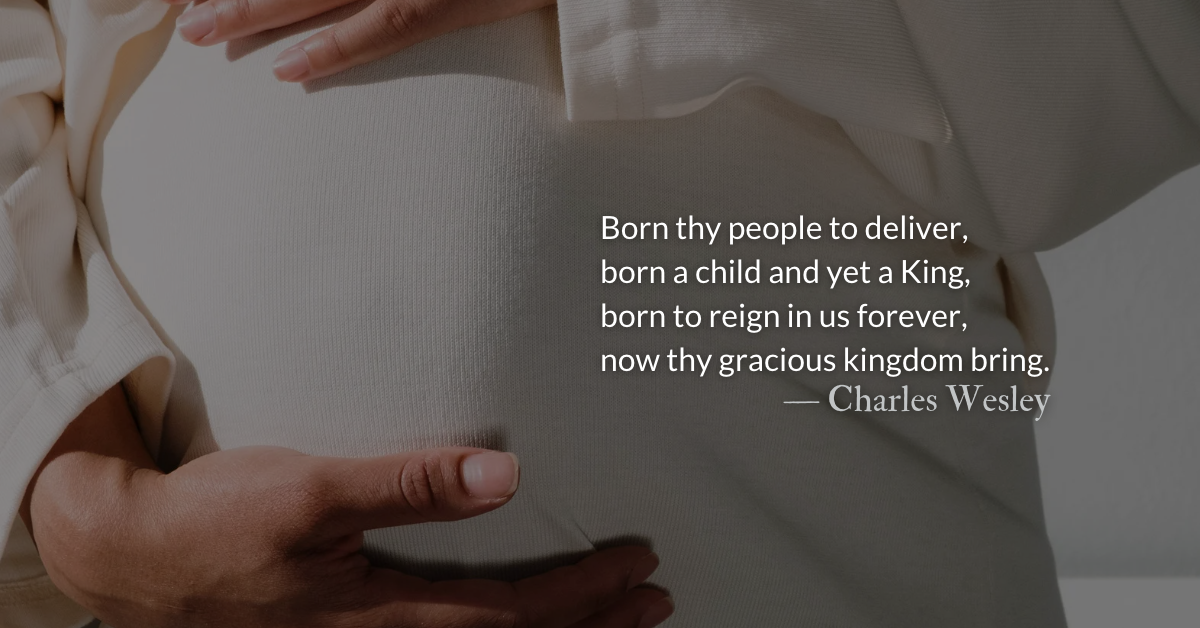Scripture Focus: Hebrews 12:1-31
Therefore, since we are surrounded by such a great cloud of witnesses, let us throw off everything that hinders and the sin that so easily entangles. And let us run with perseverance the race marked out for us, 2 fixing our eyes on Jesus, the pioneer and perfecter of faith. For the joy set before him he endured the cross, scorning its shame, and sat down at the right hand of the throne of God. 3 Consider him who endured such opposition from sinners, so that you will not grow weary and lose heart.
John 1:14-18
14 The Word became flesh and made his dwelling among us. We have seen his glory, the glory of the one and only Son, who came from the Father, full of grace and truth.
15 (John testified concerning him. He cried out, saying, “This is the one I spoke about when I said, ‘He who comes after me has surpassed me because he was before me.’”) 16 Out of his fullness we have all received grace in place of grace already given. 17 For the law was given through Moses; grace and truth came through Jesus Christ. 18 No one has ever seen God, but the one and only Son, who is himself God and is in closest relationship with the Father, has made him known.
Reflection: The Huron Carol — Carols of Advent Hope
By Jon Polk
Jean de Brébeuf was born in 1593 in France, became a Jesuit at 24 years old, and was ordained as a priest in 1622. As a student, he showed a disposition for language learning. In 1625, Brébeuf was selected as a missionary to Canada, where he began working among the Wendat, several tribes of indigenous peoples which the Jesuits called Hurons.
Brébeuf lived with the natives, becoming an expert in their customs and language, even mastering their oratory style. He also wrote the first dictionary of the Huron language, which he taught to other missionaries.
To effectively communicate the message of Christ, Brébeuf searched for similarities between Christianity and the Huron religion. Embracing their way of life endeared him to the Huron people who gave him the name Echon, meaning “one who carries a heavy burden.”
In 1642, Brébeuf composed a song in the native Huron-Wendat language titled “Jesous Ahatonhia” (“Jesus, he is born”), widely acknowledged as Canada’s oldest Christmas carol. The lyrics framed the birth of Jesus in cultural metaphors of the Huron-Wendat people. Translated, the opening lines read,
Have courage, you who are humans. Jesus, He is born.
Behold, it has fled, the spirit who had us as prisoner.
The English version known as the “Huron Carol” was not written until 1926 by Jesse Middleton, journalist and son of a Methodist minister. Middleton’s version is not a literal translation, but a revision based on Brébeuf’s original, maintaining the concept of utilizing Huron cultural and religious imagery: Jesus is born in a lodge, wrapped in rabbit skin, attended by hunters and chiefs.
Within a lodge of broken bark the tender babe was found
A ragged robe of rabbit skin enwrapped his beauty round
But as the hunter braves drew nigh
The angel song rang loud and high
The earliest moon of wintertime is not so round and fair
As was the ring of glory on the helpless infant there
The chiefs from far before him knelt
With gifts of fox and beaver pelt
Jesus your King is born, Jesus is born,
In excelsis gloria.
Brébeuf was captured with another priest and many Huron-Wendat converts in an Iroquois raid on the Huron mission in 1649. While being tortured, it was reported that he was concerned more about the fate of his fellow missionaries and the natives than he was for himself.
Christian missionaries throughout history like Brébeuf have demonstrated by the commitment of their lives that Jesus was indeed born for all peoples, in all places, at all times. Jean de Brébeuf gave his life for Christ, yes, but also for the Wendat people, imitating the very Christ he served, who left his heavenly home to live and walk among us, and yes, even sacrifice himself for us.
Listen: Huron Carol by Sarah McLachlan
Listen: Iesus Ahatonnia by Bruce Cockburn
Read: Lyrics from Wikipedia.org
Divine Hours Prayer: The Call to Prayer
Know this: The Lord himself is God; he himself has made us, and we are his; we are his people and the sheep of his pasture. — Psalm 100.2
Today’s Readings
Esther 2 (Listen 4:31)
Hebrews 12 (Listen 4:36)
Read more about Supporting Our Work
We need your help to provide biblical content for free with no ads. Biblical literacy is the foundation of effective discipleship.
Read more about Beyond Self-Centered Religion
Jesus shows up and announces hope…To none other than the “islands” and the “distant nations”— not just Israel.











